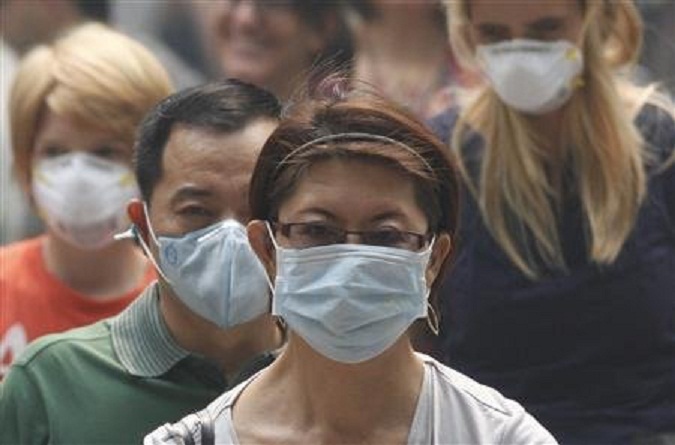By: Kheng-Liang Tan
While Indonesia has placed the official death toll from its haze at 19, the number is much greater than previously thought according to a new study by scientists from Harvard and Columbia.
Indonesian farmers have been setting fires to clear land so that crops can be planted.
However, these fires cannot be controlled and often result in disruptive haze. Of particular concern is the PM2.5 matter, which are the smallest micro-particlates that are able to penetrate into the lungs.
Already, as many as 43 million Indonesians were exposed to smoke from the fires and another 500,000 suffered from acute respiratory infections. Recently published in the Environmental Research Letters, the study places believes that the actual number of premature deaths directly resulting from PM2.5 as between 26,300 to 174,300.
This gives an average of 100,300, where 91,600 are Indonesians, 6,500 are Malaysians and 2,200 are Singaporeans.
However, experts are divided on their opinion.
NUS’s Dr Rajasekhar Bala was quoted by TODAY as saying that the study was “very challenging” given the large number of factors while Howard Frumpkin – Dean of the University of Washington’s School of Public Health – said that the actual number could be much greater becuase health problems in developing countries could excerbate the effects of haze.
The study is expected to put pressure on the Indonesian government.

